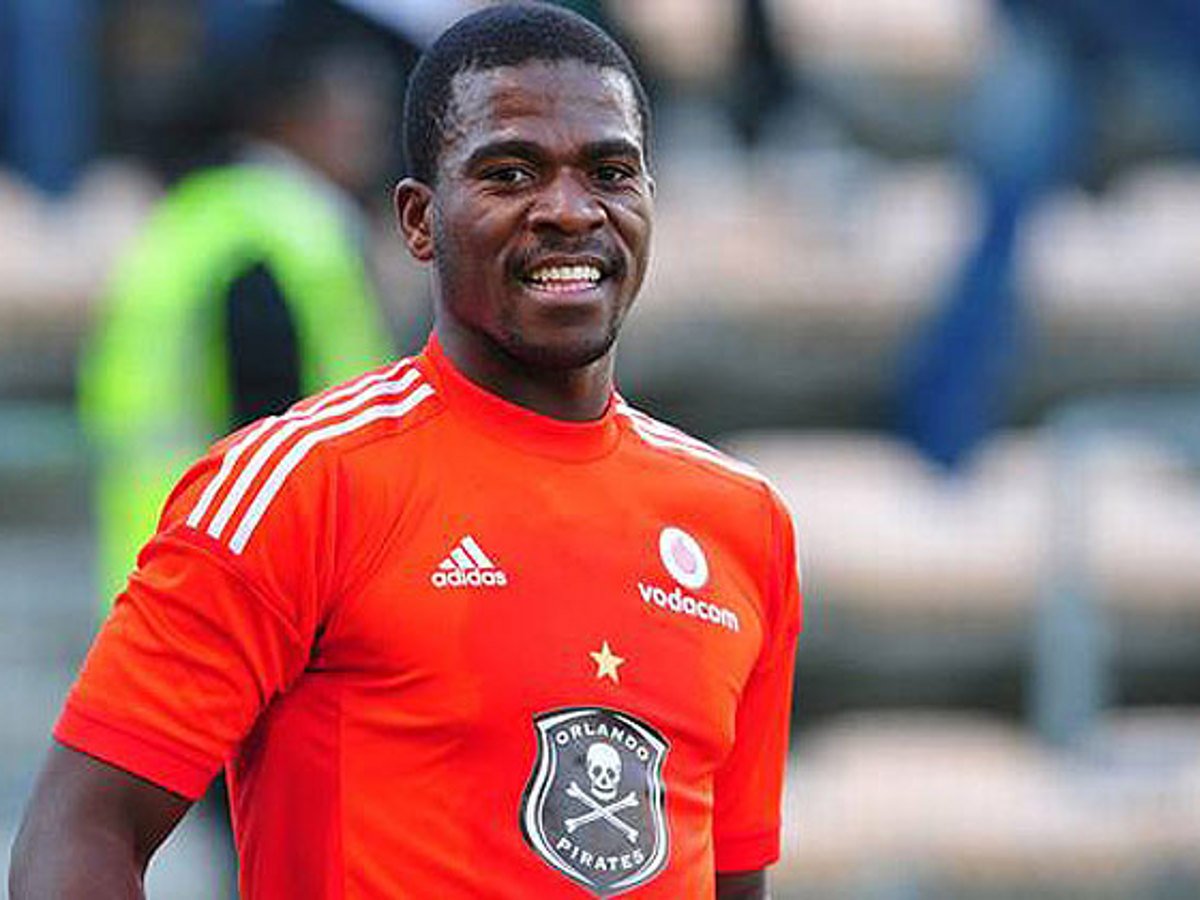Judge Ratha Might Step Down: A Critical Juncture in the Senzomeyi Trial
The ongoing Senzomeyi trial has drawn significant public attention, particularly regarding the conduct of Judge Ratha. Recent discussions have emerged about the possibility of his stepping down from the case, a move that many believe could represent a pivotal moment in the pursuit of justice. This article examines the implications of such a decision, the reactions from the community, and the potential for a more equitable trial moving forward.
Background of the Senzomeyi Trial
The Senzomeyi trial involves serious allegations that have captivated national interest. As the case progresses, the role of the presiding judge has come under intense scrutiny. Judge Ratha, with over 50 years of judicial experience, has faced criticism for his handling of the proceedings. Observers argue that his conduct has not only been unprofessional but has also hindered the pursuit of justice.

Concerns Regarding Judge Ratha’s Conduct
Numerous public comments highlight growing frustration with Judge Ratha’s approach. Many viewers have expressed concern that his demeanor has been dismissive, particularly towards the defense team. Advocates for justice argue that his behavior has contributed to delays, adversely affecting the lives of those involved in the case, including the accused who have been awaiting trial for extended periods.
**Key Quotes from the Video:**
– “We are tired of this old man. His conduct has been annoying, especially towards the defense.”
– “Ratha must just step down; we are tired of his rudeness.”
These sentiments reflect a broader dissatisfaction with the judicial process. Many believe that a change in leadership could revitalize the trial and restore public confidence in the judicial system.
The Call for Accountability
The video also highlights calls for accountability regarding other individuals involved in the trial, particularly Baloi and Gininda. Critics assert that these figures have played a significant role in the trial’s complications and should also face scrutiny. The public’s demand for their removal underscores a growing desire for transparency and fairness in the judicial process.
**Public Reactions:**
– “We want Baloi and Gininda to be arrested and dismissed.”
– “If Ratha steps down, what about the accused who have been in jail? That is still not fair.”
These statements illustrate the complexities of the situation, as the public grapples with the implications of potential judicial changes. The fear of injustice looms large, particularly for those who have been unjustly accused or have suffered due to prolonged legal battles.
The Potential Impact of a New Judge
Should Judge Ratha choose to step down, the introduction of a new judge could lead to a fresh perspective on the case. Advocates for justice are hopeful that a new figure would prioritize fairness and efficiency, ensuring that all parties receive a fair trial. The expectation is that a new judge would be more receptive to the concerns of the defense and would work to expedite the proceedings.

**Community Sentiment:**
– “Hope the new judge will summon people who were in the house; they have a lot to answer and explain.”
– “We would prefer to start de novo rather than continue under Judge Ratha’s court.”
The desire for a new beginning resonates strongly among those following the trial. Many are eager to see a judicial process that prioritizes truth and justice over delays and frustrations.
The Role of Justice in Society
The Senzomeyi trial exemplifies larger issues within the judicial system. Public confidence in the courts is essential for a functioning democracy, and when that confidence erodes, it can lead to widespread disillusionment. The call for Judge Ratha’s resignation is not merely about one individual; it represents a collective yearning for a system that upholds justice and accountability.
Conclusion
The possibility of Judge Ratha stepping down from the Senzomeyi trial has ignited a significant conversation about justice, accountability, and the integrity of the judicial process. As the public continues to voice their concerns, it becomes increasingly clear that the outcome of this trial could have far-reaching implications for the legal system as a whole.

The hope for a fair trial, free from the biases and frustrations that have characterized the proceedings thus far, remains a driving force behind the calls for change. As the situation unfolds, it is essential for all stakeholders to remain vigilant and engaged, ensuring that justice is served for all involved.
Visual Representation of Key Figures
To enhance understanding of the trial’s dynamics, consider the following images of key individuals involved:
– **Judge Ratha**: The presiding judge whose conduct has come under scrutiny.
– **Advocate Tefo**: The defense attorney diligently representing the accused.
– **Baloi and Gininda**: Figures implicated in the trial whose roles are being questioned.
(Insert images here with appropriate captions)
As the Senzomeyi trial continues, the conversation surrounding Judge Ratha’s potential resignation serves as a reminder of the importance of accountability and fairness in the pursuit of justice. The community’s voice will undoubtedly play a crucial role in shaping the future of this case and the judicial system as a whole.
News
Fox News’ Kat Timpf Outlines Next Steps Following Breast Cancer Diagnosis, Says ‘It’s Over’ Once She Recovers
The broadcaster shared her upcoming plans, which include “a double mastectomy” and “getting back in the gym” Kat Timpf. Photo: Omar Vega/Getty…
EXCLUSIVE: Today’s Sheinelle Jones to officially replace Hoda Kotb as Jenna Bush Hager’s co-host after she’s back from family leave
TODAY’s Sheinelle Jones is poised to officially replace Hoda Kotb as Jenna Bush Hager’s co-host after she returns from family…
Tyler Perry Pays Heartfelt Tribute To Angie Stone: ‘She Touched So Many Lives’
Tyler Perry Pays Heartfelt Tribute To Angie Stone: ‘She Touched So Many Lives’ As the entertainment world and music fans…
Witness Testifies Seeing Kelly Smith Dragging Joshlin into Shack Before Her Disappearance
Key Testimony Revealed in Western Cape High Court A crucial witness has testified in the Western Cape High Court regarding…
Joslin Smith Found After a Year-Long Search: A Nation Reacts to a Heartbreaking Case
In a major breakthrough, the South African Police Service (SAPS) confirmed the discovery of seven-year-old Joslin Smith, who had been…
The shocking story of the 8-year-old girl who survived the ZCC Moria bus accident that k!lled 45 people who were going to church. See here why she is the only one who survived & yet the other 45 people died.
8-Year-Old Girl Sole Survivor in Tragic Bus Crash That Kills 45 Easter Pilgrims in South Africa A Devastating Accident An…
End of content
No more pages to load












